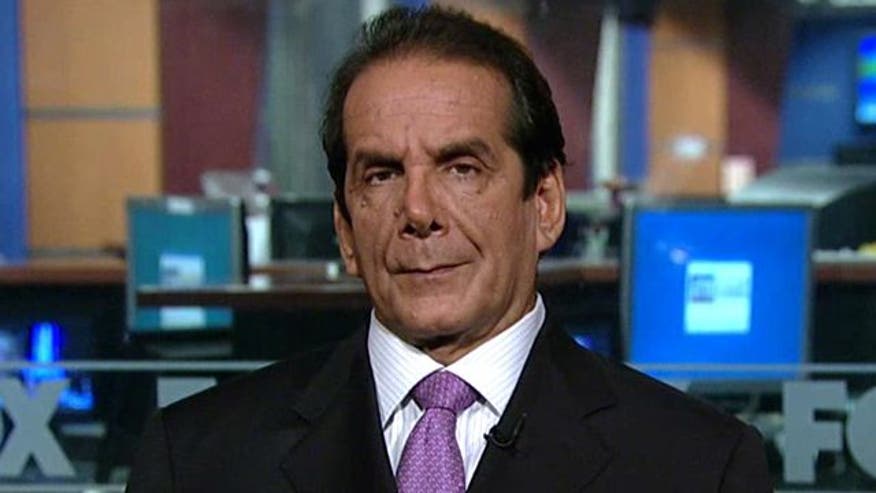
George Scialabba's take on the snarling eminence grise of Fox News:
In his essay on Samuel Taylor Coleridge, John Stuart Mill wrote:
A Tory philosopher cannot be wholly a Tory, but must often be a better Liberal than Liberals themselves; while he is the natural means of rescuing from oblivion truths which Tories have forgotten and which the prevailing schools of Liberalism never knew…. “Lord, enlighten thou our enemies,” should be the prayer of every true Reformer; sharpen their wits, give acuteness to their perceptions, and consecutiveness and clearness to their reasoning powers. We are in danger from their folly, not from their wisdom; their weakness is what fills us with apprehension, not their strength.
When I first encountered this passage, I agreed wholeheartedly with Mill (though his terminology needs a bit of updating: for “Tories,” read conservatives; for “Reformers,” liberals; for “philosophers,” public intellectuals). These days, I’m not so sure. Conservatism was different in Mill’s time. What he rejoiced at in Coleridge’s example was the prospect of deliverance from “the owl-like dread of light, the drudge-like aversion to change, which were the characteristics of the old unreasoning race of bigots”—Sir Leicester Dedlock, for example, or the Duke of Wellington. A conservative intellectual was virtually an oxymoron before the Industrial Revolution; too much cleverness made a man “unsound.”
Nowadays conservative intellectuals are legion, and some of them are very clever. But they have not become enlightened or enlightening, as Mill hoped. Instead of rescuing forgotten truths, they devise novel fallacies like the efficient markets hypothesis or “Islam’s bloody borderlands.” No longer automatically subversive of authority, the conservative intellectual has become authority’s chief of staff.
Feudalism shunned intelligence; capitalism profits from it—partly by controlling the institutions that manufacture public opinion (advertising, media, publishing, education, research), and partly by cultivating talented individuals with suitable values and views. According to the pioneering political scientist Harold Lasswell, the advent of modern society “compelled the development of a whole new technique of control, largely through propaganda…. the one means of mass mobilization which is cheaper than violence, bribery or other possible control techniques.” Irving Kristol, propagandist par excellence, foresaw that “intellectuals would move inexorably closer to the seats of authority” and devoted his long career to furthering that rapprochement, recruiting lavish support from an anxious business class for the right kind of intellectuals. The contemporary neoconservative intelligentsia, including Charles Krauthammer, is the result.
No comments:
Post a Comment